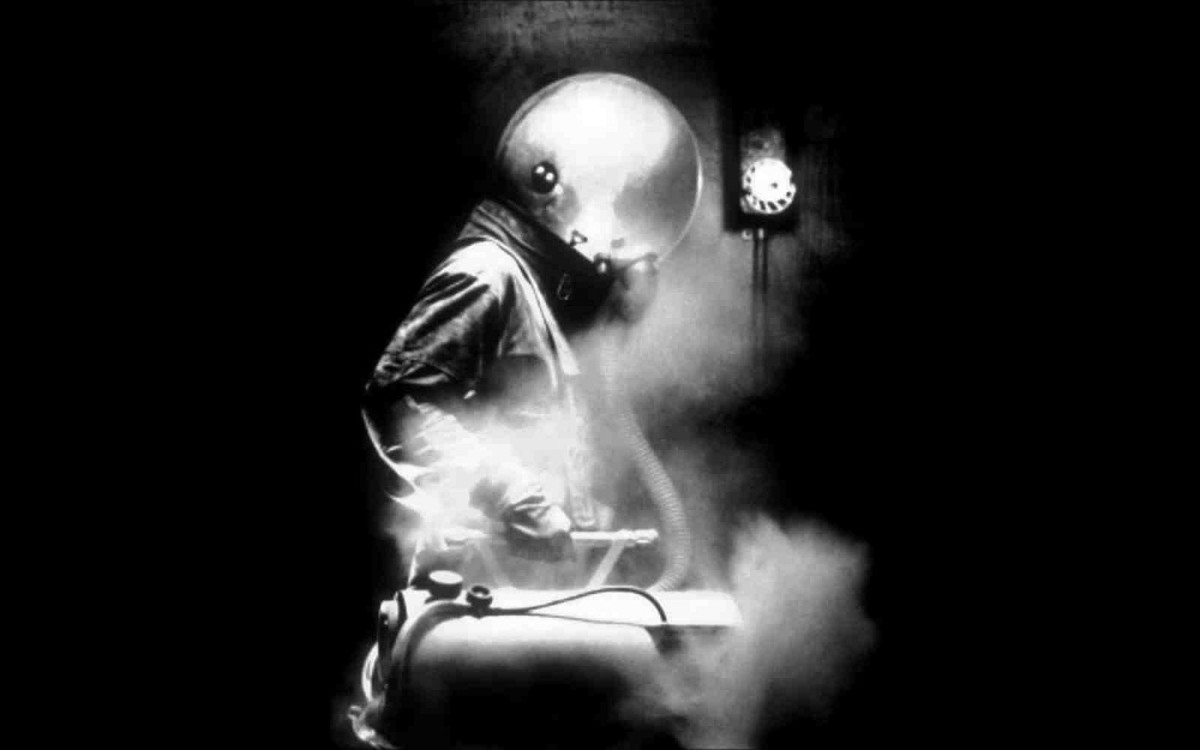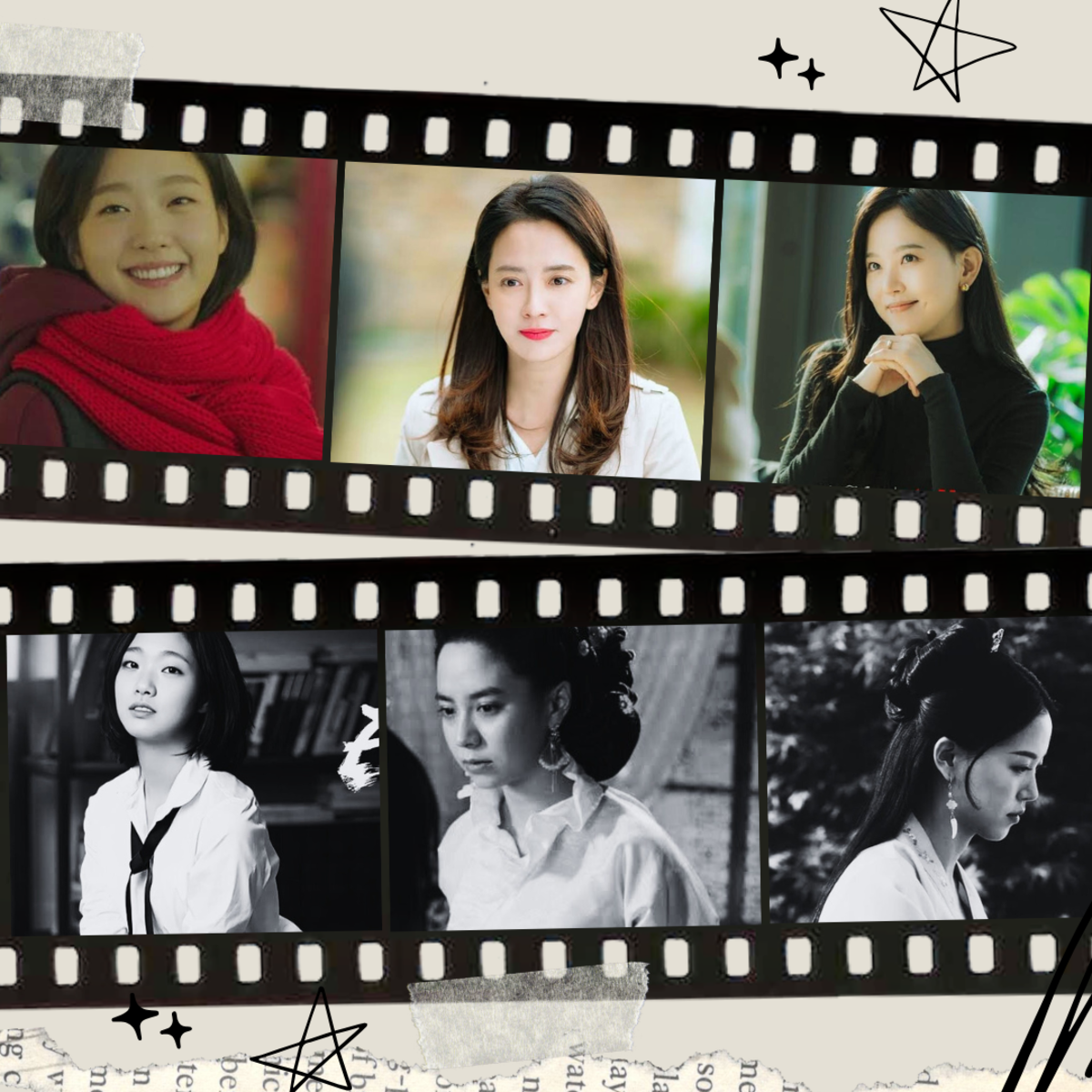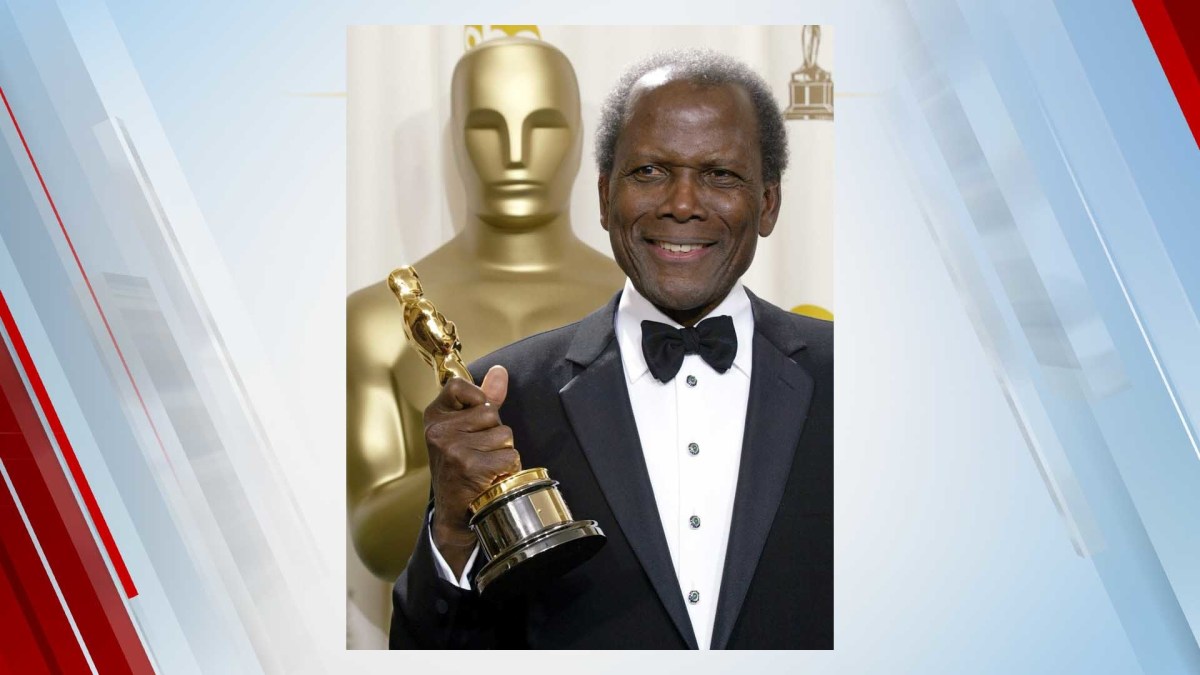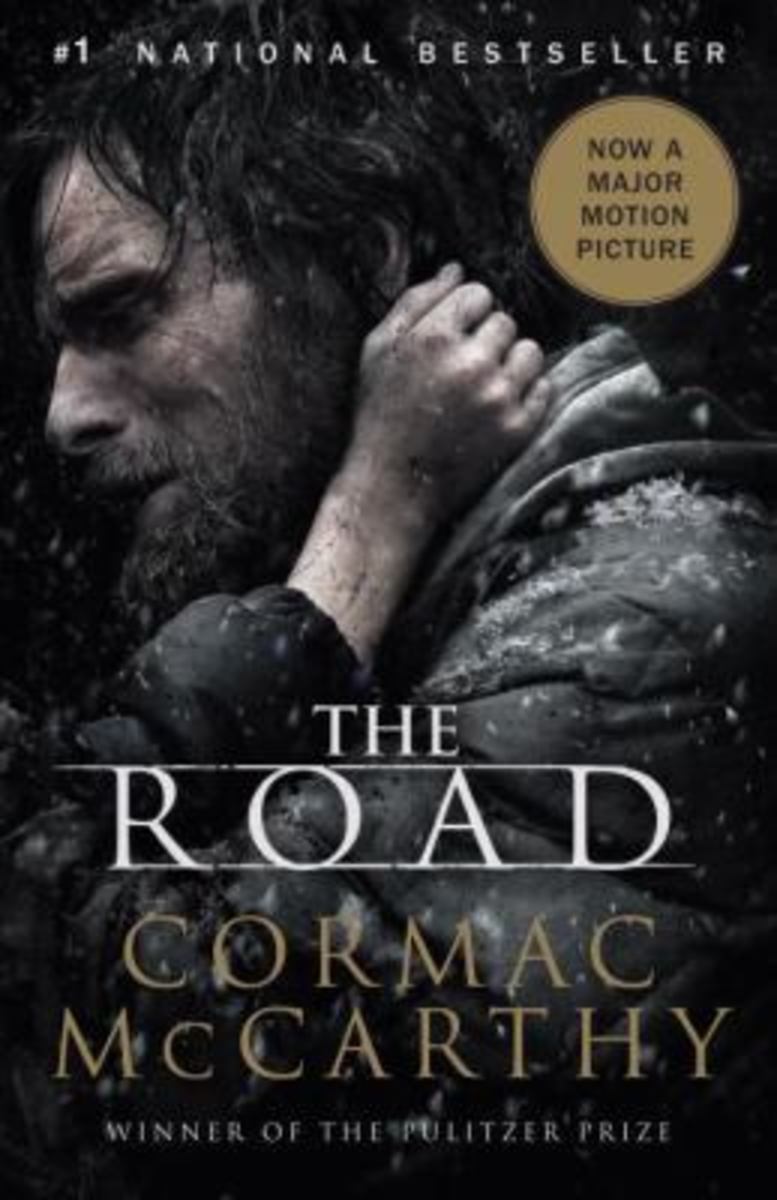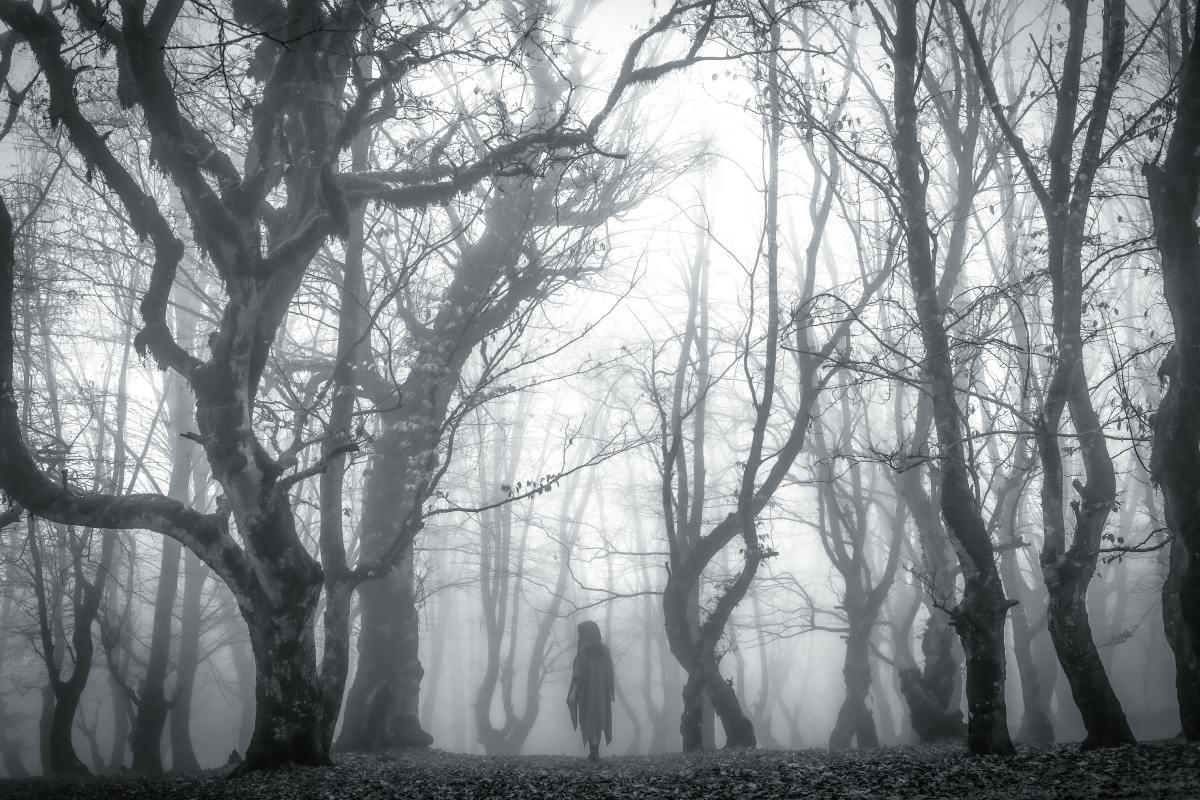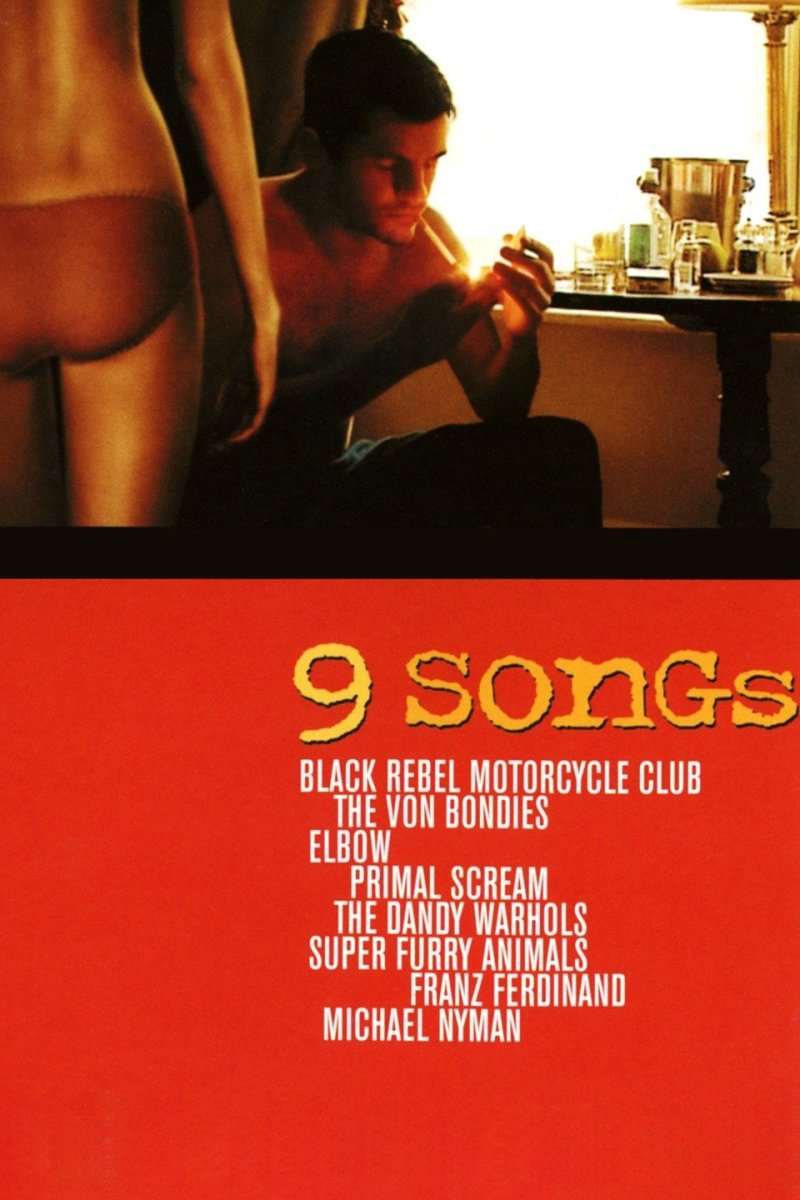Film Review: Inglorious Basterds
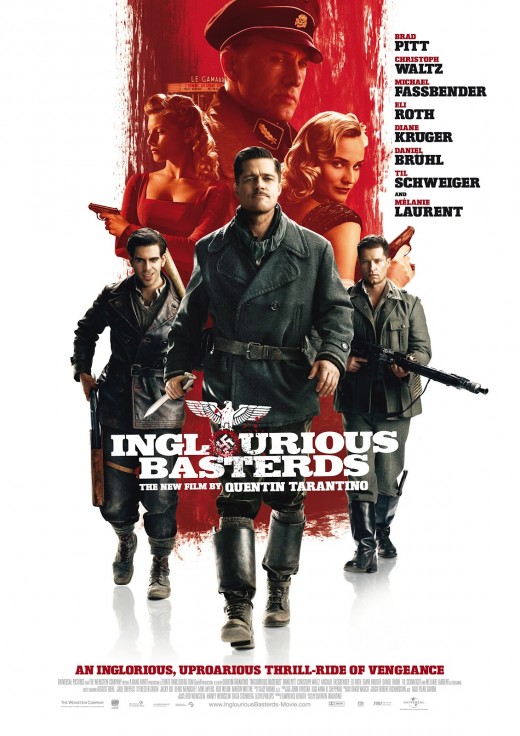
Background
In 2009, Quentin Tarantino released Inglourious Basterds, the title of which was inspired by Enzo G. Castellarri’s 1978 film, The Inglorious Bastards. Starring Brad Pitt, Christoph Waltz, Diane Kruger, Michael Fassbender, Daniel Bruhl, Eli Roth, Til Schewiger, Julie Dreyfus, August Diehl, Sylvester Groth, Jacky Ido, Martin Wuttke, Omar Doom, Paul Rust, Bo Svenson, Castellarri, Samuel L. Jackson, and Harvey Keitel, the film grossed $321.5 million at the box office. Nominated for the Academy Awards for Best Picture, Best Director, Best Original Screenplay, Best Cinematography, Best Film Editing, Best Sound Editing, and Best Sound, as well as the Golden Globe Awards for Best Director, Best Drama Film, and Best Screenplay, it won the Academy Award and Golden Globe Award for Best Supporting Actor and the Saturn Award for Best Action/Adventure/Thriller Film.
Synopsis
During the Second World War, a group of Jewish-American commandos and their leader are known to the Germans as “The Basterds,” as they massacre as many Nazis as they can find and scalp them. But when a German sniper finds himself the subject of Goebbels’ latest propaganda film, he relocates the premiere to a small cinema owned by a girl he likes, who just happens to be a Jew whose family was massacred years earlier. When The Basterds find out about the number of Nazi leaders coming to the showing, they plot to destroy Hitler and the high command and are pursued by an SS officer who ordered the massacre.
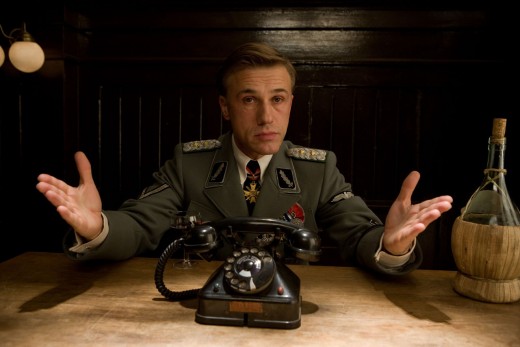
Review
An interesting presentation of alternate history World War II, Inglourious Basterds is another well done film by Tarantino and is quite interesting in its depiction of The Basterds. They’re supposed to be the protagonists of the film, but they seem to take an interesting pleasure in killing all the Nazis when in reality not all of them were party members and some of them just wanted to get home and burn their uniforms. But they seem to have somewhat of an understanding that not all Germans are seeing as they tell Stiglitz that they’re either with them or with the Nazis, showing that they see anybody fighting for the Germans as a Nazi. Some of their actions are also on the verge of being war crimes, such as Donnie’s beating of the unarmed prisoner just because he refuses to betray his comrades. But then this seems to play in part to the whole point of the film, which looks to deconstruct the idea of a specific group being acceptable targets to mock or kill within media. Take the climax when the Germans are watching the propaganda film about the sniper who’s killing a large number of Allied troops behind enemy lines. They’re enjoying themselves watching the other side be slaughtered but at the same time, audiences watching this film are enjoying themselves watching soldiers and the high command from the other side be slaughtered. It looks like Tarantino used the film to mock and prove a point to his audience, as well as entertain them.
What’s really notable is that the film also looks to try and humanize the Nazis, contrasted well with Raine’s statement that “the Nazi ain’t got no humanity.” There’s Zoller who had the idea of starting a relationship with Shosanna, which turned into a one-sided attraction and it’s easy to see the effects of her not wanting him to continue pursuing her. But he also has a distaste for watching a film where he’s killing everyone. There’s also Sergeant Wilhelm in the bar, who celebrates the birth of his son and Sergeant Rachtman who would rather look death in the eye and sacrifice himself so the unit The Basterds wanted him to point out could stay away. The irony is that Raine chastises the Nazis for inhumanity while The Basterds were probably the most inhumane characters in the film, really making them just like their namesake. But then, at least they didn’t kill civilians.
However, one of the most interesting characters in the film is Landa. He’s polite and likes to joke around but isn’t shy of killing and exploits people’s weaknesses and strengths against them. The plot is actually able really go on like it did because he spared Shosanna’s life because it amused him and he’s shown to have no qualms about playing each side against each other in order to eventually come out on top. He’s responsible for the death of the Nazi leadership rather than The Basterds, mainly because he discovered it and decided to hijack it, and is able to cut a deal with the Allies so he gets a cushy retirement. But his one flaw is assuming that Raine’s sociopathic tendencies were just a gimmick meant to scare the Germans. Turns out it wasn’t and ends up with a swastika carved in his forehead as a mark of shame, which subverts his designs to come out on top.
the postings on this site are my own and don't necessarily represent WNI's positions, strategies or opinions.

